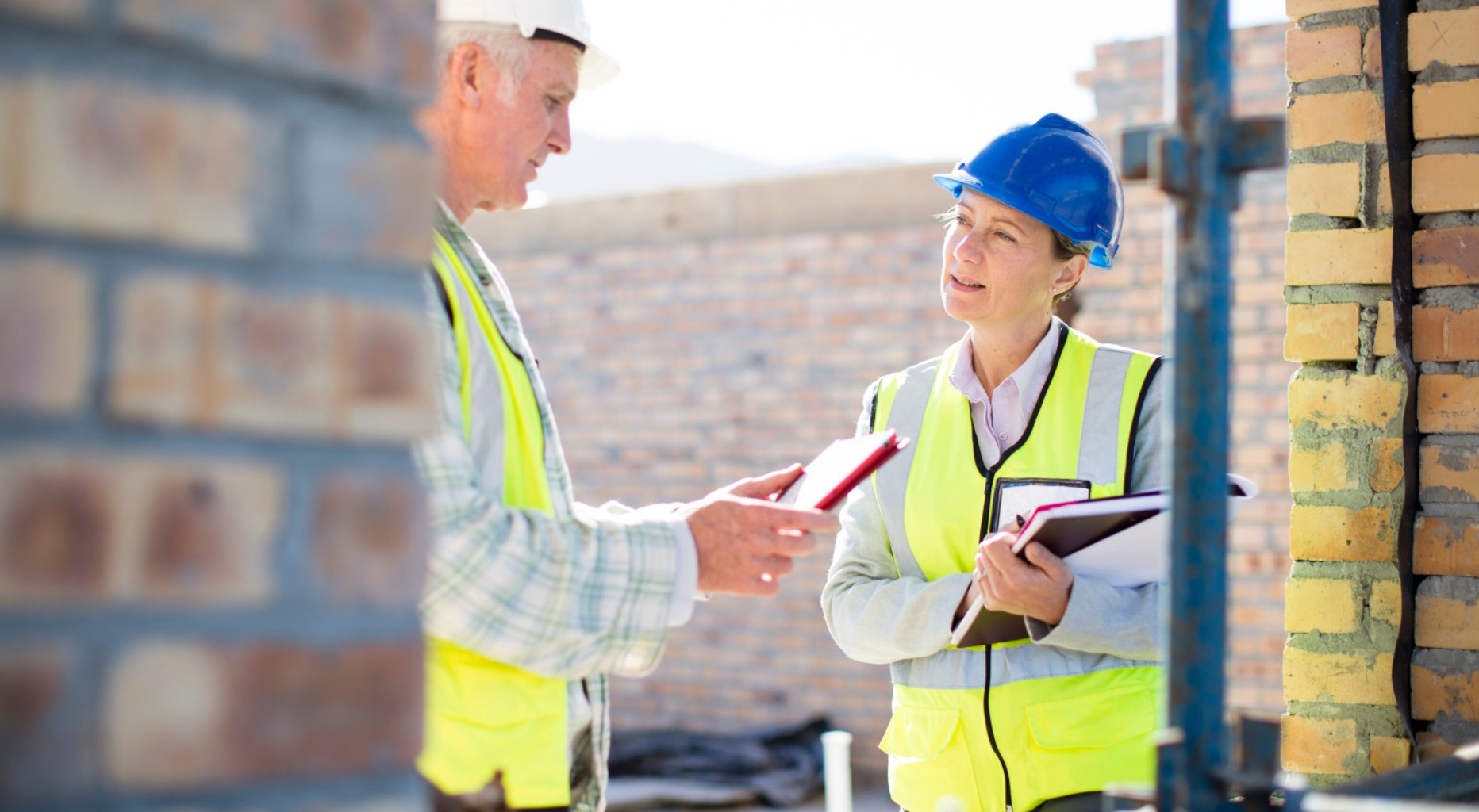
Building inspectors play a crucial role in ensuring the safety and compliance of structures. These professionals are responsible for thoroughly examining buildings during various stages of construction, renovation, or demolition to ensure that they meet all necessary codes and regulations. While their job may seem straightforward, there are many fascinating and enigmatic facts about building inspectors that most people may not be aware of.
In this article, we will unveil nine intriguing facts about building inspectors that will give you a deeper understanding of their work and the impact they have on the construction industry. From their in-depth knowledge of building codes to their keen eye for detail, these professionals play a crucial role in safeguarding the integrity of structures and upholding the safety of occupants.
Key Takeaways:
- Building inspectors play a crucial role in ensuring construction safety and quality by conducting thorough inspections and enforcing building codes and regulations.
- Their keen eye for detail and expertise in promoting safety and compliance make building inspectors essential for creating structurally sound and regulation-compliant buildings.
What does a building inspector do?
A building inspector plays a crucial role in ensuring the safety and compliance of construction projects. They are responsible for conducting inspections during various stages of the building process to ensure that all regulations and codes are met.
Building inspectors have a keen eye for detail.
Building inspectors are trained to identify potential hazards, structural issues, and code violations. Their attention to detail allows them to spot even the smallest of errors that could compromise the integrity of a building.
They possess in-depth knowledge of building codes and regulations.
Building inspectors undergo extensive training and education to familiarize themselves with local, state, and national building codes. This knowledge helps them interpret and enforce regulations to ensure buildings meet the required standards.
Building inspectors help maintain quality standards.
By conducting thorough inspections, building inspectors ensure that construction projects adhere to quality standards. This helps prevent issues that may arise in the future and ensures that buildings are safe for occupancy.
They promote safety for both workers and the public.
One of the primary responsibilities of building inspectors is to ensure that construction sites follow safety protocols. By enforcing safety measures, they protect not only the construction workers but also the general public who will interact with the building once completed.
Building inspectors provide valuable advice and guidance.
Building inspectors act as a resource for builders and contractors, offering guidance and advice to ensure compliance with regulations. Their expertise helps in the smooth progress of construction projects and prevents costly delays or rework.
Inspections are conducted at different stages of construction.
Building inspectors carry out inspections during various stages of construction, including the foundation, framing, electrical, plumbing, and final inspections. This comprehensive approach helps identify and address issues early on.
They issue permits and certificates of occupancy.
Building inspectors review permit applications and issue permits for construction projects that meet the necessary guidelines. They also conduct final inspections to grant certificates of occupancy, allowing buildings to be legally occupied.
Building inspectors help prevent potential risk and liability.
By identifying and addressing potential hazards or non-compliance early on, building inspectors play a critical role in minimizing risks and liabilities associated with unsafe or poorly constructed buildings.
Conclusion
Building inspectors play a crucial role in ensuring the safety and compliance of construction projects. From their extensive knowledge of building codes to their meticulous attention to detail, these professionals are indispensable in the field of construction. Whether it’s inspecting a new building, conducting a review of existing structures, or providing guidance on zoning regulations, building inspectors are an integral part of the construction process.Their enigmatic role goes beyond just conducting inspections. They are responsible for educating and guiding contractors and homeowners regarding building codes and regulations. Their expertise helps mitigate potential risks and ensures that buildings are structurally sound and meet safety standards.Building inspectors are often unsung heroes, working behind the scenes to ensure the safety and quality of our built environment. Their commitment to their profession and their dedication to public safety are commendable. So the next time you see a building inspector on-site, remember the vital role they play in our communities.
FAQs
1. What does a building inspector do?
A building inspector is responsible for assessing construction projects to ensure they comply with building codes and regulations. They conduct inspections to verify that work is done correctly, make recommendations for improvement, and issue permits for approved projects.
2. How do building inspectors ensure safety?
Building inspectors ensure safety by enforcing building codes and regulations. They inspect construction sites, review plans, and check for compliance with structural, electrical, plumbing, and fire safety standards. They identify potential hazards and ensure that buildings meet safety requirements.
3. What qualifications are required to become a building inspector?
Qualifications to become a building inspector can vary, but typically include a high school diploma or equivalent. Many jurisdictions require additional education or certification in building inspection or a related field. Strong knowledge of construction methods, building codes, and regulations is essential.
4. Why is building inspection important?
Building inspection is important to ensure that buildings are safe, structurally sound, and comply with building codes. It helps identify potential risks, prevents substandard construction, and protects the well-being of occupants. Regular inspections also contribute to maintaining property values and overall community safety.
5. How often are building inspections conducted?
The frequency of building inspections depends on the type of construction project and local regulations. Inspections typically occur at various stages of construction, such as foundation, framing, electrical, plumbing, and final inspections. Regular inspections are conducted to ensure code compliance throughout the project.
Building inspectors play a vital role in ensuring the safety and integrity of our built environment. Their expertise and dedication help maintain quality standards, prevent potential risks, and provide valuable guidance throughout the construction process. As we've explored these enigmatic facts about building inspectors, it's clear that their work is essential in our modern world. For those interested in learning more about the fascinating world of space and technology, we invite you to explore our article on the surprising facts about space debris mitigation compliance.
Was this page helpful?
Our commitment to delivering trustworthy and engaging content is at the heart of what we do. Each fact on our site is contributed by real users like you, bringing a wealth of diverse insights and information. To ensure the highest standards of accuracy and reliability, our dedicated editors meticulously review each submission. This process guarantees that the facts we share are not only fascinating but also credible. Trust in our commitment to quality and authenticity as you explore and learn with us.


